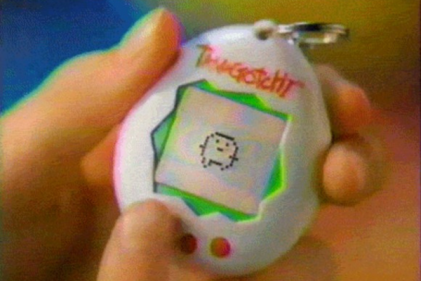When it comes to medicines, on the whole, they are an important part of keeping your child fit and healthy. However, there are some medications that you should not be giving your toddler, and here are nine that you should always avoid:
Aspirin. Aspirin, also known as salicyclate, or acetylsalicylic acid, has been linked to Reye’s Syndrome, a potentially fatal disorder. In fact, no one under 19 years old should be taking aspirin at all. Give your child paracetamol or ibuprofen in the correct dosage instead.
Over the counter cough and cold remedies have also got the thumbs down from doctors and experts. They’ve been proven to be mostly ineffective in soothing your child’s symptoms, and they come with potentially nasty side effects that you should rather avoid.
Anti nausea medications, unless prescribed by a doctor, are also not advised. Children usually recover from vomiting or nausea quite quickly, and it’s best to let it run its course. If your child is vomiting so much that he or she is dehydrating you should speak to your doctor.
Other people’s medicine. If it wasn’t bought, or prescribed for your child, you shouldn’t give it to them.
Adult medications are also out. They’re much stronger than children’s medications, and can have potentially life threatening side effects.
Expired medicine should never be given to anyone – child or adult. The chemical composition could have changed, and they could be dangerous.
Chewable tablets and medications are also dangerous for toddlers – they post a choking risk.
Avoid accidentally giving your child a double dose of paracetamol or ibuprofen. Many over the counter medications also contain these drugs in the formulation, and if you give your child that medication, on top of ibuprofen or paracetamol, you run the risk of overdosing him or her.
Lastly, avoid the Chinese herb ma huang, also known as ephedra or ephedrine. This has, even in adults, been linked to serious complications like palpitations, high blood pressure and even heart attacks and strokes. In fact, before you administer any herbal remedies, be sure to check with your doctor. Don’t take chances.
Aspirin. Aspirin, also known as salicyclate, or acetylsalicylic acid, has been linked to Reye’s Syndrome, a potentially fatal disorder. In fact, no one under 19 years old should be taking aspirin at all. Give your child paracetamol or ibuprofen in the correct dosage instead.
Over the counter cough and cold remedies have also got the thumbs down from doctors and experts. They’ve been proven to be mostly ineffective in soothing your child’s symptoms, and they come with potentially nasty side effects that you should rather avoid.
Anti nausea medications, unless prescribed by a doctor, are also not advised. Children usually recover from vomiting or nausea quite quickly, and it’s best to let it run its course. If your child is vomiting so much that he or she is dehydrating you should speak to your doctor.
Other people’s medicine. If it wasn’t bought, or prescribed for your child, you shouldn’t give it to them.
Adult medications are also out. They’re much stronger than children’s medications, and can have potentially life threatening side effects.
Expired medicine should never be given to anyone – child or adult. The chemical composition could have changed, and they could be dangerous.
Chewable tablets and medications are also dangerous for toddlers – they post a choking risk.
Avoid accidentally giving your child a double dose of paracetamol or ibuprofen. Many over the counter medications also contain these drugs in the formulation, and if you give your child that medication, on top of ibuprofen or paracetamol, you run the risk of overdosing him or her.
Lastly, avoid the Chinese herb ma huang, also known as ephedra or ephedrine. This has, even in adults, been linked to serious complications like palpitations, high blood pressure and even heart attacks and strokes. In fact, before you administer any herbal remedies, be sure to check with your doctor. Don’t take chances.






